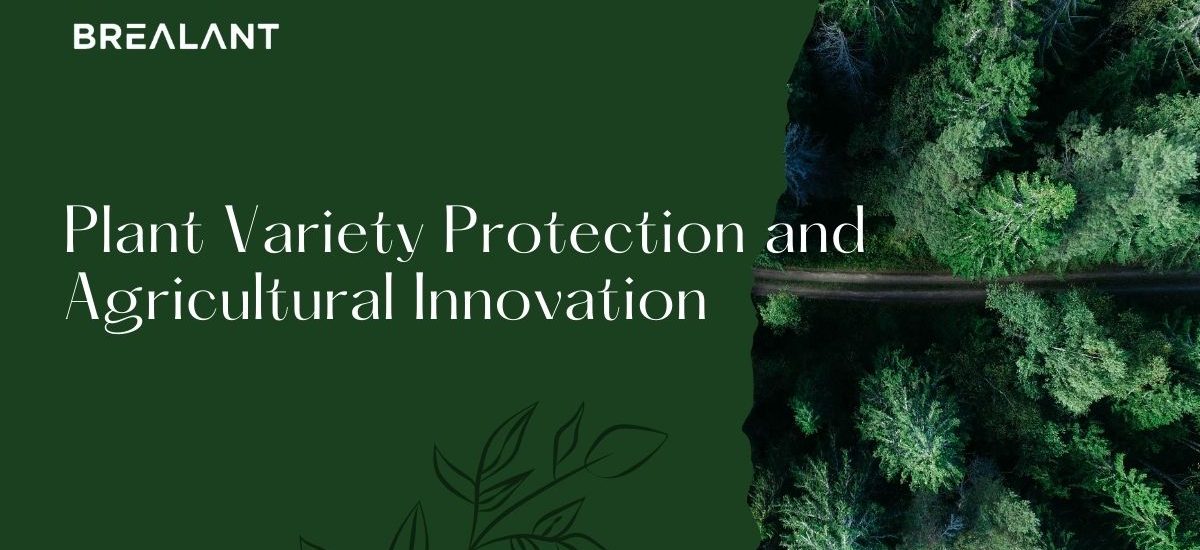The protection of plant varieties is of paramount importance in promoting agricultural innovation and ensuring global food security. The International Union for the Protection of New Varieties of Plants (UPOV) plays a pivotal role by providing a framework for protecting plant breeders’ rights. This essay delves into the significance of UPOV and contributions to fostering agricultural innovation and the conservation of plant genetic resources, focusing on its role in the context of the World Intellectual Property Organization (WIPO).
Plant Variety Protection and Agricultural Innovation
Plant variety protection, as facilitated by UPOV, is a crucial driver of agricultural innovation. By offering plant breeders exclusive rights to their newly developed varieties, UPOV incentivizes investment in research and development within the agricultural sector. These incentives stimulate the creation of novel plant varieties, which can be better adapted to specific environmental conditions and consumer preferences. This fosters agricultural diversity, improves crop yields, and contributes to global food security.
UPOV’s Role in WIPO
The World Intellectual Property Organization (WIPO) is a specialized agency of the United Nations that addresses various aspects of intellectual property protection. While WIPO does not directly administer plant variety protection, it actively collaborates with UPOV in promoting innovation and ensuring the protection of plant breeders’ rights.
One of the significant ways in which WIPO supports UPOV is through its information-sharing initiatives. WIPO’s extensive database of intellectual property information, known as WIPO PATENTSCOPE, provides a platform for plant breeders and researchers to access patent-related information, including plant variety protection data. This resource assists stakeholders in understanding the landscape of plant variety protection, facilitating innovation and research.
Additionally, WIPO collaborates with UPOV in capacity-building activities and training programs. These initiatives aim to enhance the understanding of intellectual property rights, including plant variety protection, among member states and stakeholders. By promoting awareness and knowledge-sharing, WIPO and UPOV contribute to effectively implementing plant variety protection systems worldwide.
The Conservation of Plant Genetic Resources
UPOV’s mandate extends beyond encouraging innovation; it also plays a vital role in conserving plant genetic resources. The protection of plant breeders’ rights incentivizes the development and maintenance of diverse plant varieties. In turn, this helps preserve the genetic diversity of crops, which is essential for breeding programs and adaptation to changing environmental conditions. WIPO’s collaboration with UPOV in promoting the conservation of plant genetic resources underscores the critical link between intellectual property rights and global biodiversity conservation.
Conclusion
The International Union for the Protection of New Varieties of Plants (UPOV) is pivotal in advancing agricultural innovation and conserving plant genetic resources by protecting plant breeders’ rights. In the context of the World Intellectual Property Organization (WIPO), these objectives are further strengthened. WIPO supports UPOV by offering valuable information-sharing platforms, capacity-building initiatives, and collaboration opportunities, all of which contribute to the effective implementation of plant variety protection systems worldwide.
The synergy between UPOV and WIPO is a powerful force in promoting sustainable agriculture, fostering innovation, and ensuring global food security. By providing a legal framework for plant breeders’ rights, UPOV and its collaboration with WIPO are essential components of the international efforts to address the challenges of agriculture in the 21st century.










